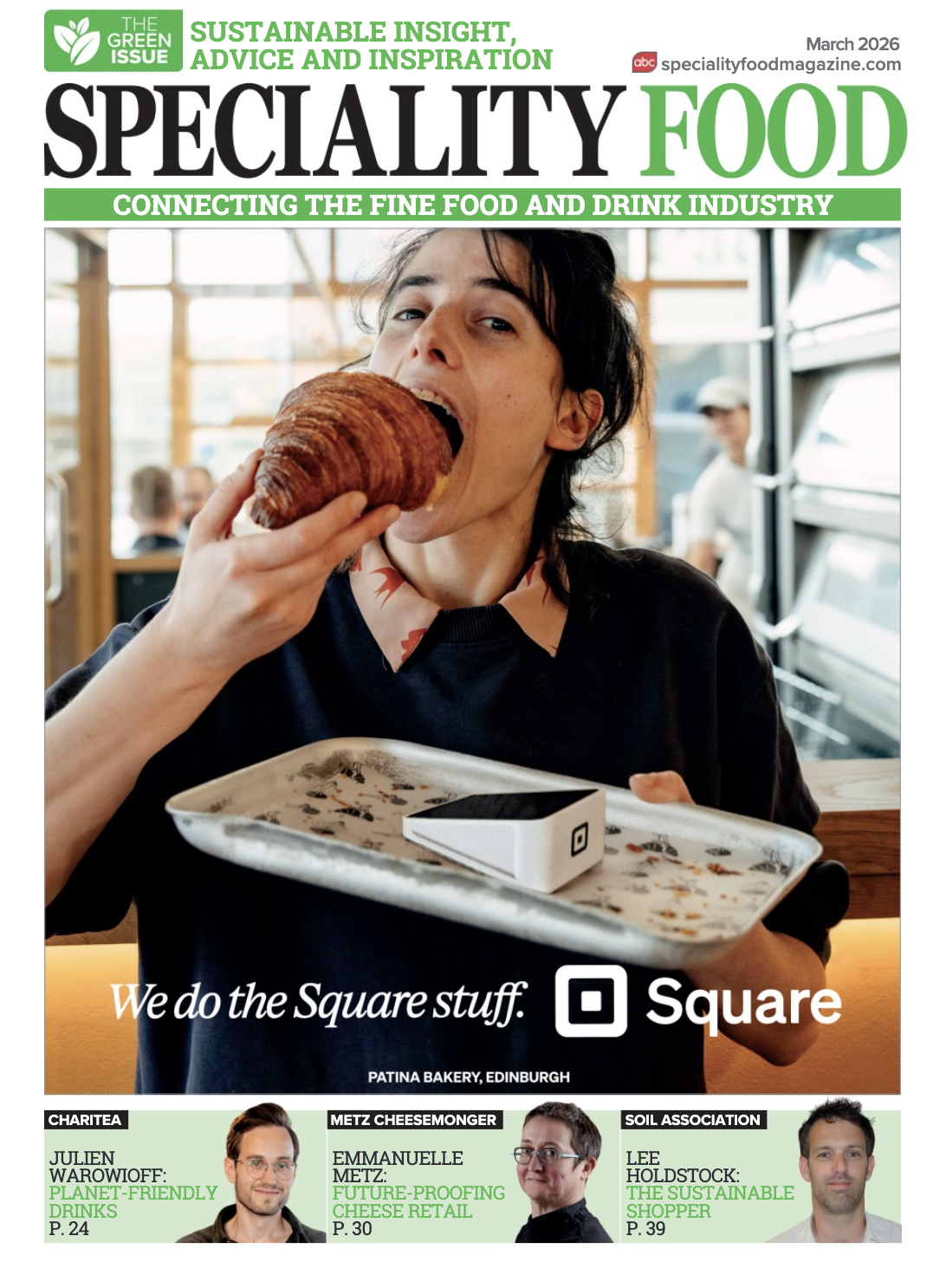The End of Capitalism – as we know it?

- Becoming a B Corp
- Top trend predictions for Christmas 2021
- Self-sacrifice: The importance of building a leadership legacy centred on others
- Undercover Boss
- Can/should bosses really be close friends with their staff?
In April a national newspaper published this in talking about a change of direction after Covid-19: “Radical reforms – reversing the prevailing policy direction of the last four decades – will need to be put on the table. Governments will have to accept a more active role in the economy. They must see public services as investments rather than liabilities, and look for ways to make labour markets less insecure. Redistribution will again be on the agenda; the privileges of the elderly and wealthy in question. Policies until recently considered eccentric, such as basic income and wealth taxes, will have to be in the mix”
Any ideas which newspaper this was? The Daily Mirror? The Guardian? Wrong! These words were published by the bastion of conservative (small c) capitalism, the Financial Times, who previously had a large front page headline back in September 2019 “Capitalism; Time for a Re-set”. Starting in the late 1970s, government policy has largely had one mantra, ‘the market is king’, ‘let the market decide’. Margaret Thatcher at a dinner in 2002 described her greatest achievement as creating the environment of new labour and Tony Blair who continued her policies of ensuring ‘what the market says’ still making most of the decisions. Public organisations continued to be sold off, and the bankers were still prioritised over public service workers.
Then came 2008, a splendid opportunity to hit the re-set button, yet various countries all around the world ejected left-leaning politics and voted in governments who believed the free market should lead public policy. In the UK Gordon Brown was replaced by David Cameron. Now in 2020 we have hit a crisis far worse than the banking crisis in 2008. In the USA, in the space of three weeks more than double the number of people are claiming state aid than did in nearly two years after 2008. How will we come out of this? Many of us have been saying for several years that the market-led capitalism we have grown up with is dying. I and many others were thinking at the start of the pandemic that this could be the opportunity to create a new economy. At that point it seemed that this crisis would only be a relatively short, yet painful one and several people told me that they weren’t hopeful of change. Now though, nine weeks later, many more voices are raising their voice in hope of a different economy than before Covid.
Undoubtedly, government will be larger than before with more companies and individuals relying on state support for years to come. There is a new sense of priority order of which workers in our economy are essential. Care workers, hospital workers, supermarket workers, lorry drivers and food production workers are essential. Those playing the finance markets in the City of London are not remembered on Thursday evenings. We have lived in a growingly unequal society for many years. In fact the last two periods of economic growth have made the top 10% of the population richer and the bottom 90% poorer. Most election campaigns over the past few years have been fought on creating a low tax economy; very few people now would not support raising taxes to increase the pay for nurses, who are woefully underpaid for what they do.
We don’t know how we will come out of this, but there is hope that it will be a kinder, more caring, more community-led economics that will lead us forward.
more from Speciality Bites
-
Generosity
05 July 2021 Speciality BitesGenerosity from leaders makes business better in all aspects, yet few businesses have discovered the benefits that accompany being generous of spirit. -
We are now retailers too!
21 June 2021 Speciality BitesSo, the week has arrived at last when I become a retailer as well as a wholesaler. What a journey it has been. -
We need leaders, not managers
07 June 2021 Speciality BitesI’ve mentioned before that not many people can give me the name of someone when asked at interview who has inspired them most from their previous work life. This is because most people have only experienced management not leadership.

